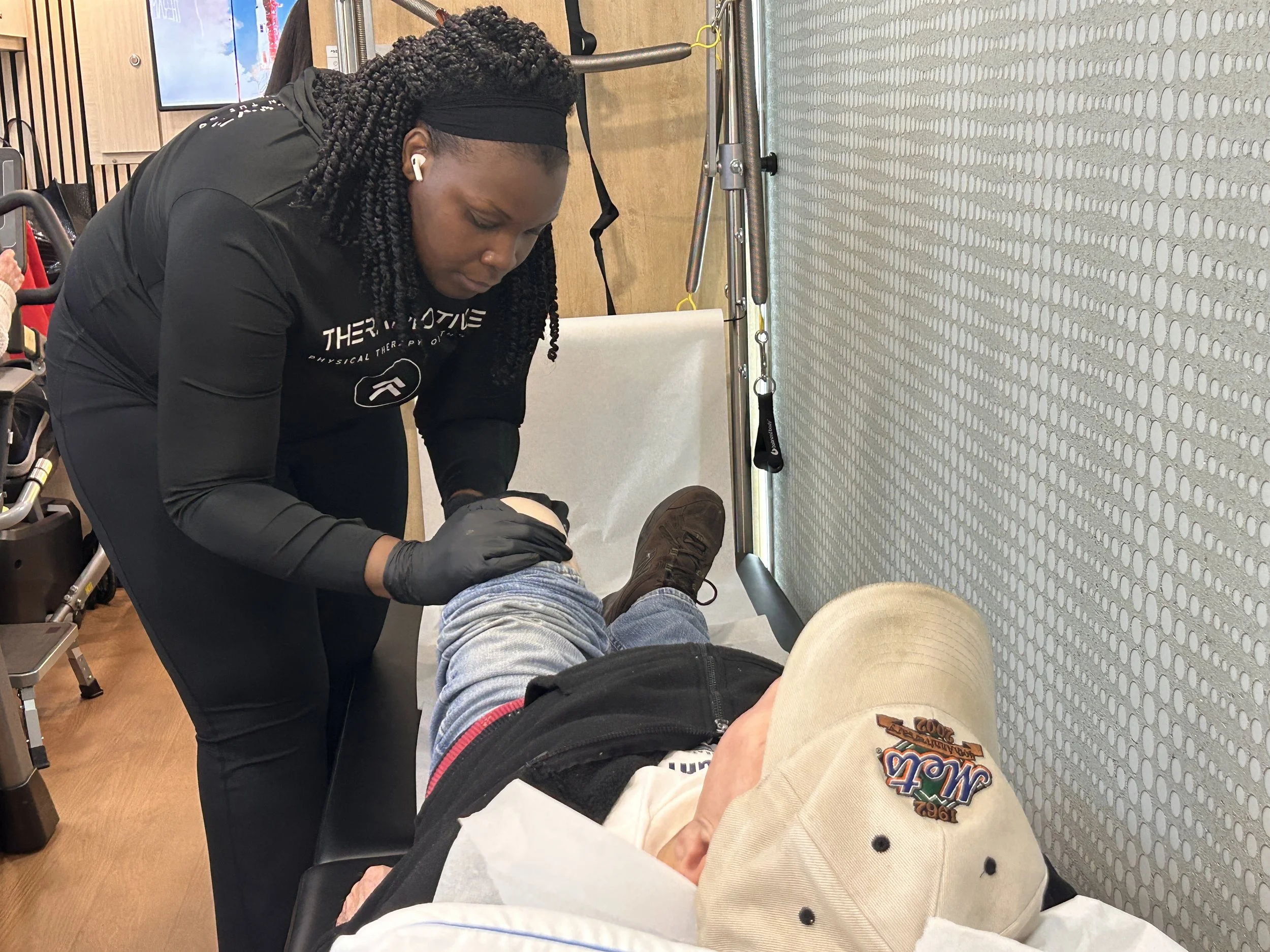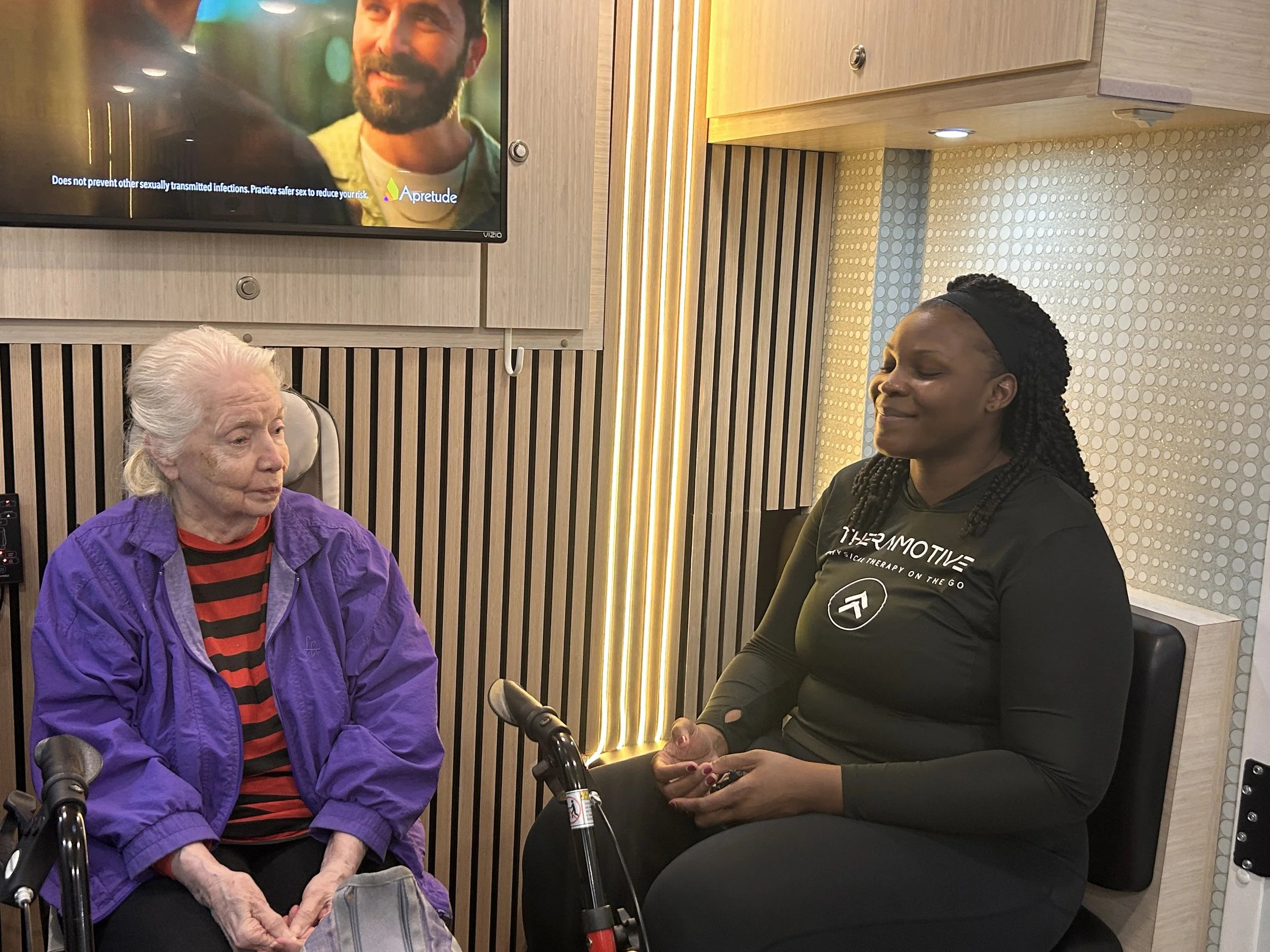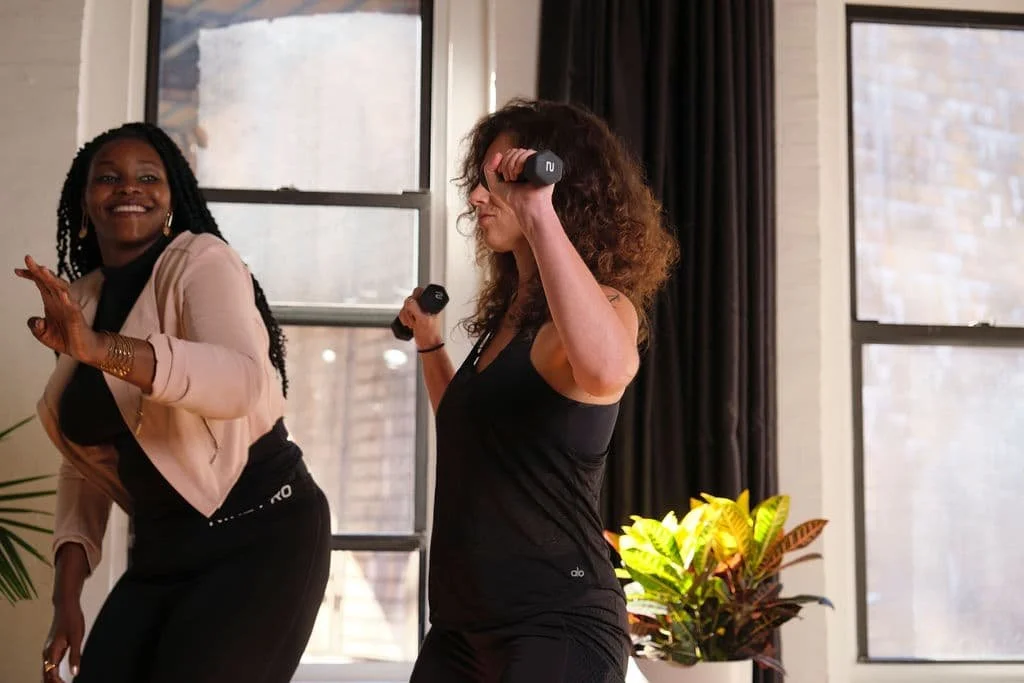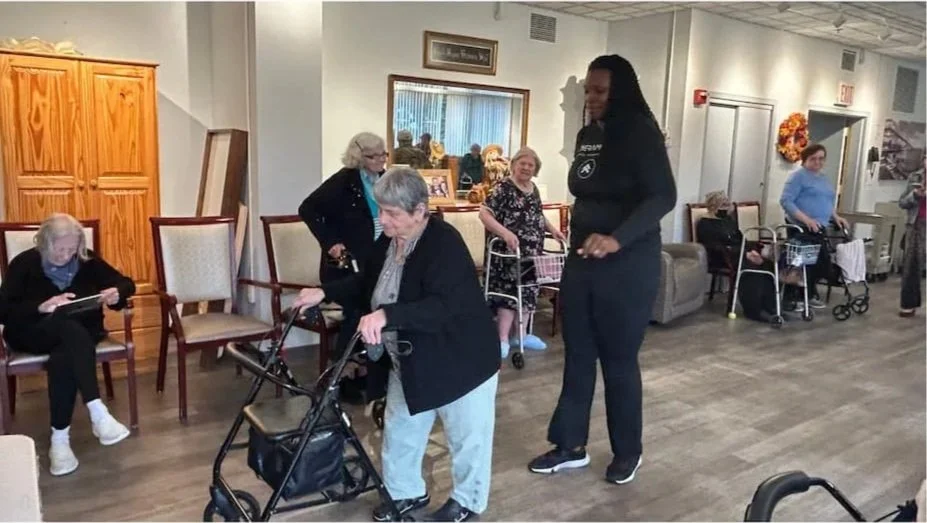How Long Will My Physical Therapy Take? The Real Timeline Nobody Talks About
You're Not Alone in Wondering "When Will I Be Back to Normal?"
Let's be honest. you're sitting there with a PT referral, dealing with pain or recovering from an injury, and one question is consuming your thoughts: "How long is this actually going to take?"
I get it. You've got a vacation planned in two months. You're wondering when you can return to your morning runs. You need real answers, not vague "it depends" responses.
Here's the truth: while there's no magic number that works for everyone, I can give you a realistic picture of what to expect based on thousands of patients I've treated.
What You Can Expect for Common Injuries
Here's the thing about recovery timelines they vary significantly, and anyone who gives you an exact answer without evaluating your specific situation is probably oversimplifying. But here are the realistic ranges:
Sports Injury Recovery Time
Twisted ankle from basketball? Pulled hamstring during your weekend warrior activities? Most sports injuries fall into the 4-8 week range, but that assumes you actually do your homework (yes, those home exercises aren't optional).
What helps you recover faster: Starting PT within the first week, completing home exercises consistently, and attending all scheduled sessions.
Chronic Joint and Back Pain Relief
Shoulder pain that's been nagging you for months? Lower back issues that flare up every time you lift something? These tend to be more stubborn. We're talking anywhere from 8-16 weeks, sometimes longer if you've been dealing with chronic pain for years.
Why? Because we're not just treating the pain we're retraining movement patterns you've developed over time.
Post-Surgery Rehabilitation Timeline
Had a knee replacement or rotator cuff repair? Buckle up this is more of a marathon than a sprint. Post-surgical rehab often happens in phases:
Weeks 1-4: Managing pain, gentle range of motion
Weeks 4-12: Rebuilding strength and mobility
Months 3-6+: Returning to normal activities
This can easily take 3-6 months or more, depending on the surgery type and your individual healing.
At TheraMotive, we've learned that being upfront about realistic timelines actually helps people stick with their treatment. No false promises, just honest expectations based on what we've seen work.
Why Your Recovery Might Be Different (And That's Normal)
Here's what I wish more people understood: recovery isn't a one-size-fits-all situation. I've seen 70-year-olds bounce back from surgery faster than 30-year-olds with minor sprains. Why? It comes down to several factors:
Your Starting Point Matters
Were you already active before your injury? Do you have other health conditions like diabetes or heart disease? Are you generally in good shape? All of this affects how quickly your body responds to treatment.
Consistency is Everything
The patients who recover fastest? They show up to their appointments and actually do their home exercises. The ones who struggle? They skip sessions and forget about their exercise routine until the next appointment.
Real numbers: Patients who complete their home exercises consistently recover about 40% faster than those who don't.
Life Gets in the Way
Sometimes you're dealing with work stress, family obligations, or other health issues that slow down healing. That's real life, and good physical therapists understand this.
This is where TheraMotive's mobile approach makes a difference. Instead of adding another appointment to your already busy schedule with driving, parking, and waiting rooms we come directly to you. Whether that's your home, workplace, or community center, we meet you where you are literally and figuratively.
How You'll Know You're Done with Physical Therapy
One of the most common questions we get is, "How will I know when I'm ready to stop therapy?" Great question, because nobody wants to cut treatment short and risk re-injury, but you also don't want to keep going longer than necessary.
The Physical Markers
You can move without wincing or guarding
Your strength is back (or close to it)
Daily activities don't leave you exhausted or in pain
You feel confident doing things you used to avoid
The Mental Shift - This one's harder to measure but just as important. You stop thinking about your injury constantly. You don't hesitate before picking up your grandkid or reaching for something on a high shelf. That confidence is huge.
You've Hit Your Personal Goals
Remember those goals you set at the beginning? Getting back to tennis, being able to lift your suitcase, walking up stairs without holding the railing? When you're consistently doing these things without problem, you're probably ready to graduate.
Even after you're "done" with regular sessions, we usually recommend check-ins and a home exercise program. Think of it like going to the dentist a little prevention goes a long way.
Ready to Start Your Recovery Journey?
Whether you're dealing with a sports injury, chronic pain, or post-surgical rehab, you deserve honest answers about what to expect.
Don't let logistics delay your healing. TheraMotive's mobile clinics bring hospital-quality physical therapy directly to communities across NYC equipped with AI technology, VR-enhanced exercises, and expert therapists who give you their full attention.







On-site physical therapy prevents hospital visits and strengthens residents while supporting assisted living care.